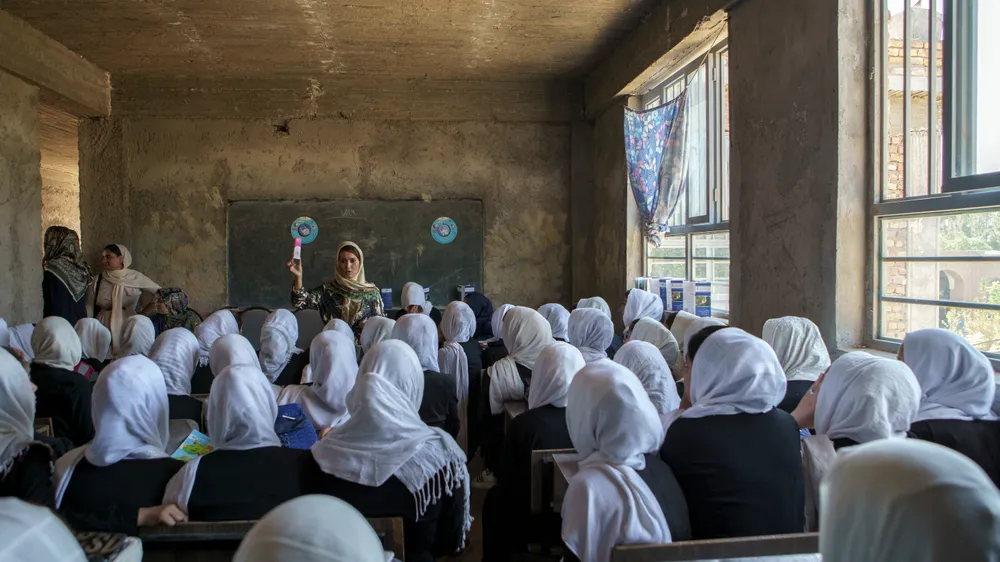
Millions of Children in Afghanistan Unable to Read or Write
Afghanistan’s education system is on the brink of collapse due to restrictive policies, inadequate investment, and ongoing humanitarian crises, according to a joint report by UNICEF and UNESCO. As of 2024, more than 2.13 million primary school-aged children are out of school, and a large proportion of those who do attend receive insufficient education.
Data from 2022 reveal the severity of the situation: over 90 per cent of 10-year-old children in Afghanistan are unable to read a simple text. This highlights what experts describe as a crisis of “schooling without learning.” A shortage of female teachers, inadequate learning materials, weak infrastructure, and uncertainties in the curriculum have further eroded the quality of education.
UNICEF and UNESCO are calling for increased investment in basic education and literacy, improved teacher training, and safer, more supportive school environments. For girls in particular, online and community-based alternative education opportunities are seen as vital.
If the current restrictions on girls’ education continue, an estimated 4 million girls could be deprived of secondary schooling by 2030 — resulting in an economic loss of around 9.6 billion US dollars.
The UN agencies urged authorities to lift the education ban and commit to long-term investment, stating: “Bold action is needed to turn hope into lasting progress.”

